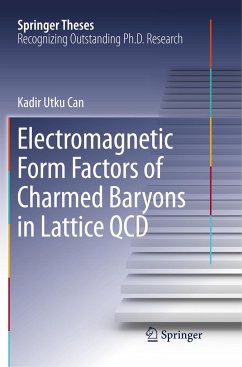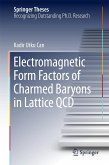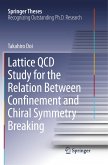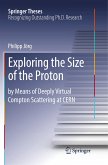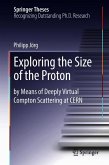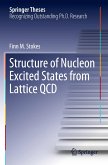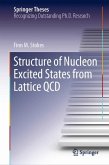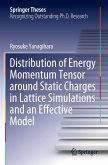This thesis presents the first lattice quantum chromodynamics (QCD) approach to the charmed baryon regime, building on the knowledge and experience gained with former lattice QCD applications to nucleon structure. The thesis provides valuable insights into the dynamics of yet unobserved charmed baryon systems. Most notably, it confirms that the expectations of model or effective field theoretical calculations of heavy-hadron systems hold qualitatively, while also demonstrating that they conflict with the quantitative results, pointing to a tension between these complementary approaches.
Further, the book presents a cutting-edge approach to understanding the structure and dynamics of hadrons made of quarks and gluons using QCD, and successfully extends the approach to charmed hadrons. In particular, the thesis investigate a peculiar property of charmed hadrons whose dynamics, i.e., structure, deviates from their counterparts, e.g., those of protons and neutrons, by employing the lattice QCD approach -a state-of-the-art numerical method and the powerful ab initio, non-perturbative method.
Further, the book presents a cutting-edge approach to understanding the structure and dynamics of hadrons made of quarks and gluons using QCD, and successfully extends the approach to charmed hadrons. In particular, the thesis investigate a peculiar property of charmed hadrons whose dynamics, i.e., structure, deviates from their counterparts, e.g., those of protons and neutrons, by employing the lattice QCD approach -a state-of-the-art numerical method and the powerful ab initio, non-perturbative method.

